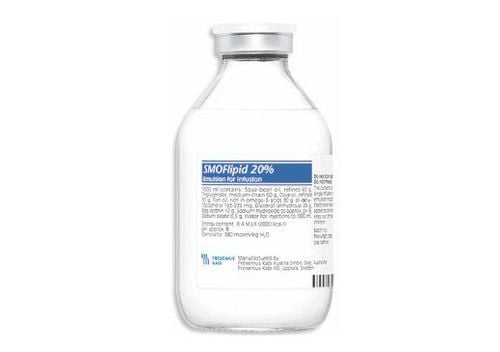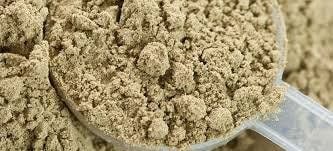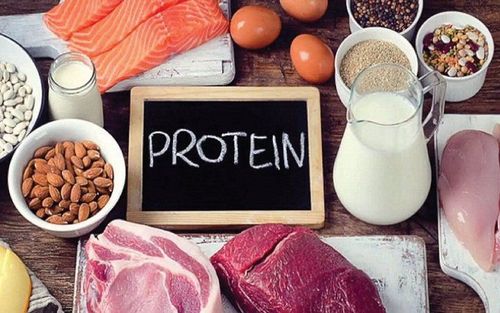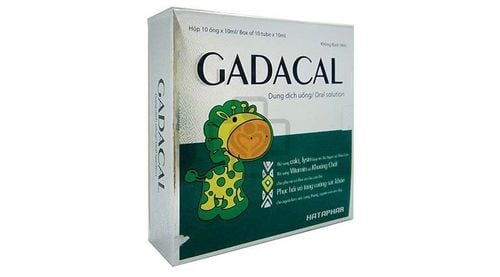This is an automatically translated article.
Using protein powder for children more than necessary can create metabolic burden on organs in the body. In particular, a high-protein diet can also increase the risk of coronary heart disease or even cancer.1. How much protein do children need?
The recommended daily amount of protein for children is:Children 2 - 3 years old: 57 grams of protein equivalent. Children 4 - 8 years old: 57 grams of protein equivalent. Children 9 - 13 years old: 57 grams of protein equivalent. For adolescents from 14 to 18 years old: Men need an amount of protein equivalent to 184 grams, women need 142 grams. If children consume more protein than they need, it may do more harm than good.
2. Healthy eating for kids
Key recommendations for healthy eating patterns for children are as follows:Eat a variety of vegetables and fruits, especially whole-grain fruits. Eat whole grains, at least half of which are whole grains. Eat fat-free or low-fat dairy, including milk, yogurt, cheese, or beverages fortified with soy. Eat a variety of protein-rich foods, including seafood, lean meats and poultry, eggs, legumes, nuts, and soy products. Cook and bake with healthy oils. Avoid or limit your intake of saturated fats, trans fats, added sugars, and sodium.
3. Protein-rich foods
Protein is made up of more than 20 basic building blocks called amino acids. The 9 amino acids that are histidine, isoleucine, leucine, lysine, methionine, phenylalanine, threonine, tryptophan and valine come from food.Once children are able to eat solid foods, they will be able to get enough protein through their diet. Foods rich in protein include:
Milk, cheese and yogurt. Egg. Beans and legumes. seafood. Lean. Nuts and seeds.
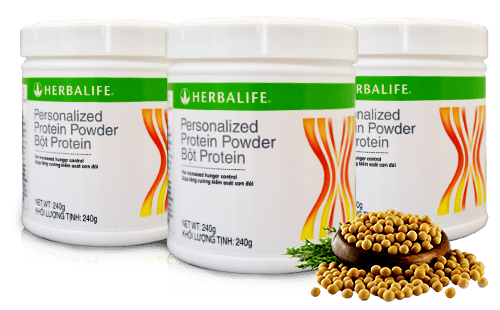
Nhiều bà mẹ lựa chọn bột protein đẻ cung cấp thêm dinh dưỡng cho trẻ nhỏ
4. Benefits of Protein Powder for Children
If your child can't get enough protein from whole foods, supplements like protein powder can help. Your child may need extra protein powder if:The child is underweight. Children picky eaters. Children who are vegan or vegetarian. The child has a metabolic condition. If your child has any of these conditions, talk to your doctor before adding any powders or protein supplements to your baby's diet.
5. Risks when using protein powder for children
Using protein powder for children more than necessary can create metabolic burden on organs in the body. In addition, a high-protein diet may also increase the risk of coronary heart disease or even cancer.Children eating too much protein powder can cause some side effects such as:
Digestive problems: If you give your child whey protein powder, they may have problems digesting. This can cause symptoms like bloating, cramps, and diarrhea. Most of these side effects are due to lactose intolerance. Weight gain: If your child takes in more protein than he needs, his body will store the excess calories as fat. One-third of children in the US are overweight or obese, putting them at high risk for health and medical problems. Organ damage: A high-protein diet can make your child's kidneys work harder to filter waste out. High protein intake can also cause kidney stones. Protein processing creates nitrogen in the liver, making it harder for the body to process waste and toxins, which in turn reduces the body's ability to break down nutrients.
6. Symptoms of protein deficiency in children
There are many signs that your child is not getting enough protein, including:Slow or stunted growth. Lower immunity. Hungry. If your child exhibits or complains of any of the above symptoms, contact your pediatrician.
7. Some ways to help prevent protein deficiency in children
First, familiarize yourself with the daily protein recommendations for your child's age group. Also, be aware of the signs and symptoms of protein deficiency listed above. Then take the following steps:Add more protein-rich foods to the diet: Find a way to provide your child with protein throughout the day without depending on protein shakes. There are so many healthy snacks for kids that you're sure to find some that your baby will love. Be aware of the risks of malnutrition: Kwashiorkor is a severe form of malnutrition. The main cause of kwashiorkor is not eating enough protein or other essential vitamins and minerals. It is most common in some developing regions, but can happen to any child who is malnourished. If you're not sure where to start or still have questions or concerns about your child's protein intake, talk to your pediatrician. Your doctor may refer you to a registered dietitian for further instructions.

Dùng bột protein hơn mức cần thiết có thể tạo ra gánh nặng trao đổi chất trong cơ thể
8. Other sources of protein
Besides protein powder for children, you can also add the following other sources of protein:Meat. Oily fish. Eggs contain vitamin D and choline. Certain dairy products. Legumes, such as peas and lentils, are high in fiber. Nut butters contain vitamin E. Certain green leafy vegetables, such as broccoli, are cruciferous vegetables. Quinoa contains all the essential amino acids. If a child has dietary restrictions or a picky eater, parents or caregivers can vary the protein source in the daily meal.
In a nutshell, Protein is an essential macronutrient that provides energy and transports oxygen throughout the body in the blood. Although children need less protein than adults, everyone should get 10-35% of their daily calories from protein.
Besides protein, parents should supplement children with supporting products containing lysine, essential micro-minerals and vitamins such as zinc, chromium, selenium, B vitamins to help fully meet the nutritional needs of children. young. At the same time, these essential vitamins also support digestion, enhance nutrient absorption, help improve anorexia, and help children eat well.
Parents can learn more:
Signs of zinc deficiency in children
Micronutrient deficiency and failure to gain weight in children
Please regularly visit Vinmec.com website and update useful information to take care of your child. Take care of the baby and the whole family.
Reference source: webmd.com





